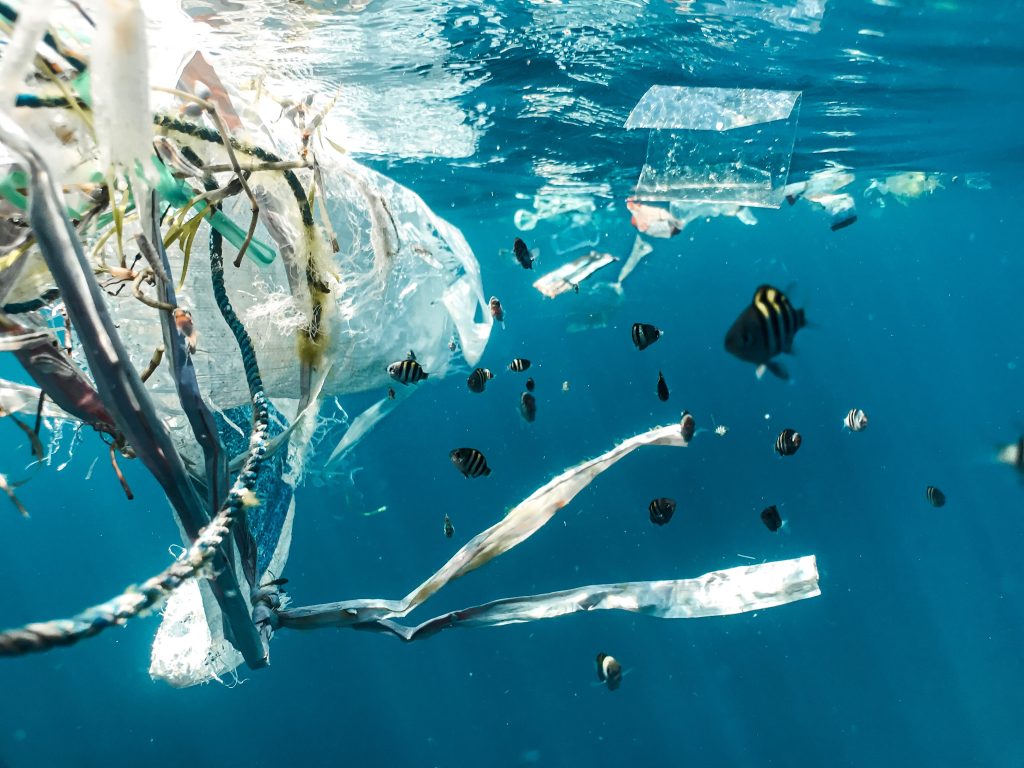You only have one planet; do your part to protect it.
Energy Conservation:
- Turn off lights when they are not needed.
- Turn off appliances, such as the television or radio, when you leave a room.
- Use low-energy (florescent) light bulbs.
- Unplug chargers (for cell phones, iPod, laptops) when not in use.
Water Conservation:
- Turn off water while brushing teeth.
- Pay attention to time spent in the shower and try to spend less time. If that is not possible, turn the water off while lathering with shampoo and while letting the conditioner set.
- Install a water-saving showerhead.
- Install low-flush toilets. If you already have toilets installed, insert a two-litre plastic milk bottle into the tank of the toilet. Fill it partially with stones so it’s heavy enough to stay in place. Make sure to remove any packaging. Now you will save water on each flush.
- Consider installing dual-flush toilets. These have two buttons – a smaller one that flushes liquids and a larger one for solids.
- Wash clothes in cold water as often as possible.
- Hang clothes to dry instead of using the dryer.
- Use a rainwater tank (also called a water butt in the UK) to save rainwater. You can then use this water for your garden or flowerbed.

Fuel Conservation:
- Whenever possible, bike, walk or carpool. Check out ride share on kijiji to carpool long distances.
- Use public transportation whenever possible.
- If you’re buying a new vehicle, look into the latest environmentally friendly models.
Natural Skin Products:
It makes sense that the products you are putting on your skin should be earth-friendly. Your skin absorbs the products you spray, coat, and lather on, including all the chemicals found inside them. Check labels to ensure products are earth (and skin) friendly. Here are some tips:
- Make sure products are sulfate-free. Sodium laureth sulfate or sodium lauryl ether sulfate are two foaming agents derived from petrochemical ingredients.
- Make sure products are fragrance-free, natural or synthetic. Fragrances can be full of toxic chemicals.
- Make sure products are paraben-free (anything that says methyl-, ethyl-, propyl-, butyl- or isobutyl). These are preservatives used to extend a product’s shelf life.
- Environmentally friendly make-up lines use vegetable-based dyes or mineral pigments for colour instead of chemical pigments or animal-based by-products. Choose natural minerals, such as zinc, when buying make-up.
- Choose non-toxic, recyclable packaging. PCV (polyvinyl chloride) is dubbed “the poison plastic.”
Natural Hair Products:
Many shampoos and conditioners contain chemicals that you rub on your scalp and then send down the drain, releasing chemicals into the water system. Environmentally friendly shampoos and conditioners can work just as well as synthetic ones, without containing petroleum by-products.
- Again, make sure products are paraben-free.
- Beware of ingredients such as: phthalates, diethanolamine, and sodium laureth sulfate. Instead, try a coconut plant-based shampoo.
Natural Cleaning Products:
Natural ingredients such as baking soda, vinegar and lemon juice are non-toxic. That means they will not release pollutants into the air. There are many uses for these three ingredients. Here are a few:
- Mix vinegar and water to clean mirrors and windows.
- Baking soda can be used to scrub surfaces.
- Use lemon juice to dissolve soap scum and hard water deposits.

Other ways to Reduce, Reuse and Recycle:
- Donate old clothes to an organization such as the Salvation Army.
- Use re-chargeable batteries.
- Re-use plastic grocery bags instead of getting new ones each time. Or, buy the larger, sturdier reusable bags instead.
- Store leftover food in containers instead of wrapping food in plastic.
- Many restaurants go through a large number of disposable plastic containers. If you often take home leftovers, it may be a good idea to take your own reusable container with you. Women can simply slip one into their purse.
- Buy products made from recycled materials.
- Recycle paper, plastic, bottles, cans and glass.
- Recycle electronics such as cell phones and computer hardware.
- Buy a water-filter jug and reusable water bottle instead of bottled water.
- Eliminate paper towels – use hand towels instead.
- Use glass plates and glasses instead of plastic/polystyrene for an event. It may take longer to wash the glass dishes, but you will eliminate waste.
- Start composting. Instead of throwing scraps into the garbage, turn it into fertilizer for your garden!




